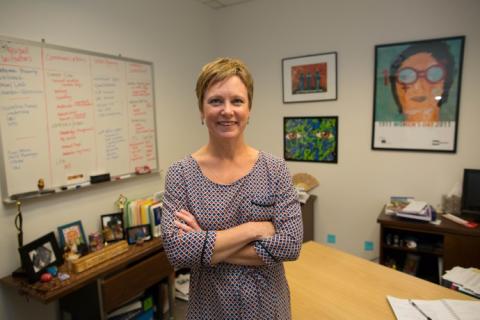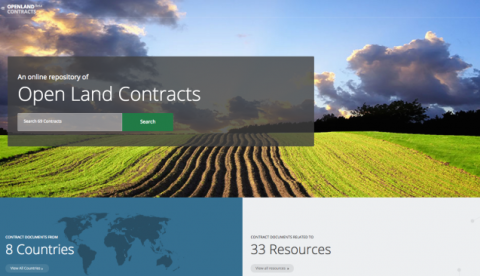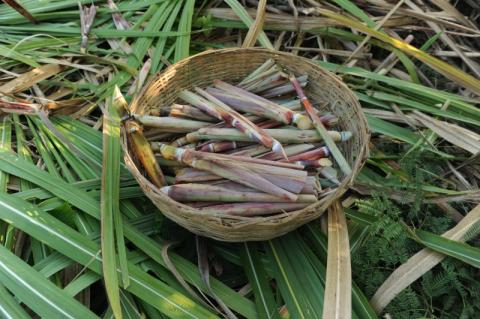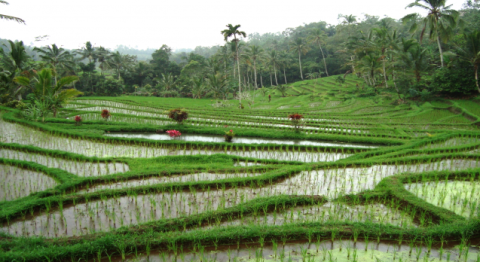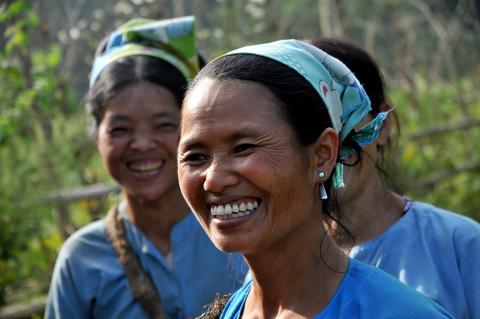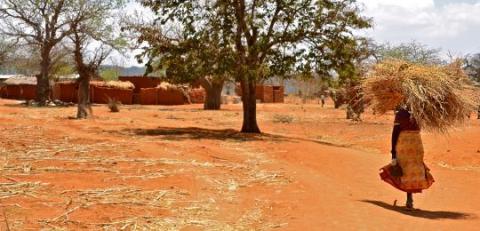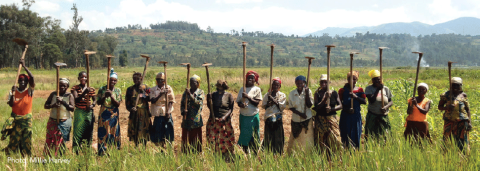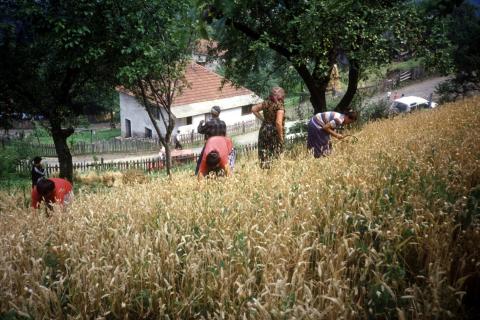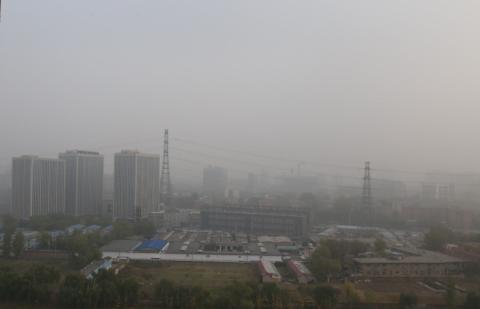Discover hidden stories and unheard voices on land governance issues from around the world. This is where the Land Portal community shares activities, experiences, challenges and successes.
 Follow our
Follow our
Sustainable Development Goals
Blog Series!
Interested in land corruption?
Follow our Land & Corruption Blog Series
for in-depth perspectives from the experts.
Issues
Geographical focus
By Susan Markham, USAID’s Senior Coordinator for Gender Equality and Women’s Empowerment
At USAID, we know that addressing gender issues is essential in our work to end extreme poverty and create resilient, democratic societies. Period. Women are key drivers of economic growth and must gain access to and control of capital, land, markets, education and leadership opportunities in order to build vibrant economies and respond to a swiftly growing population that must be fed.
Kenya’s new constitution provides for ‘community lands’. Group ranches and trust lands will be vested in communities. But why, some ponder, would modern citizens want to own land as communities? Is the constitution protecting old ways instead of leading us into the future?
This week I will answer these questions through a global lens. Next week I will zero in on constitutional directives and how far the proposed Community Land Bill delivers.
Large-scale investments in agriculture and forestry have far-reaching implications for the lives of affected individuals and communities. They are also an integral part of efforts by national governments to implement the Sustainable Development Goals (SDGs) and improve the governance of land resources. Despite their significance, these “land deals” and the contracts that govern them are often cloaked in secrecy, removed from relevant spheres of public scrutiny and debate.
Who walks away from fertile agricultural land available to lease for as little as $1 per year per hectare? Recent reports indicate international investors are doing just that across sub-Saharan Africa.
Last spring Africa’s biggest sugar producer, Illovo Sugar, adopted a ‘zero tolerance’ approach to land grabs. In November, it published a roadmap for how it plans to implement it.
Increased investment in agriculture is critical. In a world confronting anticipated increases in food demand arising from a growing world population and changing diets, as well as potential decreases in food supply due to climatic changes and water scarcity, agricultural investment will prove crucial to addressing food security needs in the future. In addition, increased agricultural investment can help accelerate sustainable development in some countries, potentially bringing capital, jobs, and other benefits.
Vietnam is my first love working for the World Bank. It is the first country I worked in when I joined the Bank back in 1994.
By Landesa Responsible Investments in Property and Land (RIPL) Project
This blog was produced for the LEGEND Land Policy Bulletin. Land: Enhancing Governance for Economic Development (LEGEND) is a DFID programme that aims to improve land rights protection, knowledge and information, and the quality of private sector investment in DFID priority countries.
By Philippine Sutz (IIED), LEGEND Core Land Support Team
This blog was produced for the LEGEND Land Policy Bulletin. Land: Enhancing Governance for Economic Development (LEGEND) is a DFID programme that aims to improve land rights protection, knowledge and information, and the quality of private sector investment in DFID priority countries.
By Women for Women International
This blog was produced for the LEGEND Land Policy Bulletin. Land: Enhancing Governance for Economic Development (LEGEND) is a DFID programme that aims to improve land rights protection, knowledge and information, and the quality of private sector investment in DFID priority countries.
By Federica Gabellini, Communication Specialist - Voluntary Guidelines on the Responsible Governance of Land Tenure, Food and Agriculture Organization of the United Nations (FAO)
This blog was produced for the LEGEND Land Policy Bulletin. Land: Enhancing Governance for Economic Development (LEGEND) is a DFID programme that aims to improve land rights protection, knowledge and information, and the quality of private sector investment in DFID priority countries.
Jun Yang
Tsinghua University, China
In the last three decades, urbanization in China moved ahead at an unprecedented speed. Between 1978 and 2014, the urbanization rate increased from 17.9% to 53.7% (Chinese Government Network, 2015 [In Chinese]). During that time, more than five hundred million people moved from rural areas into cities. Rapid urbanization, along with industrialization, has propelled social and economic development not only in China, but globally as well.

